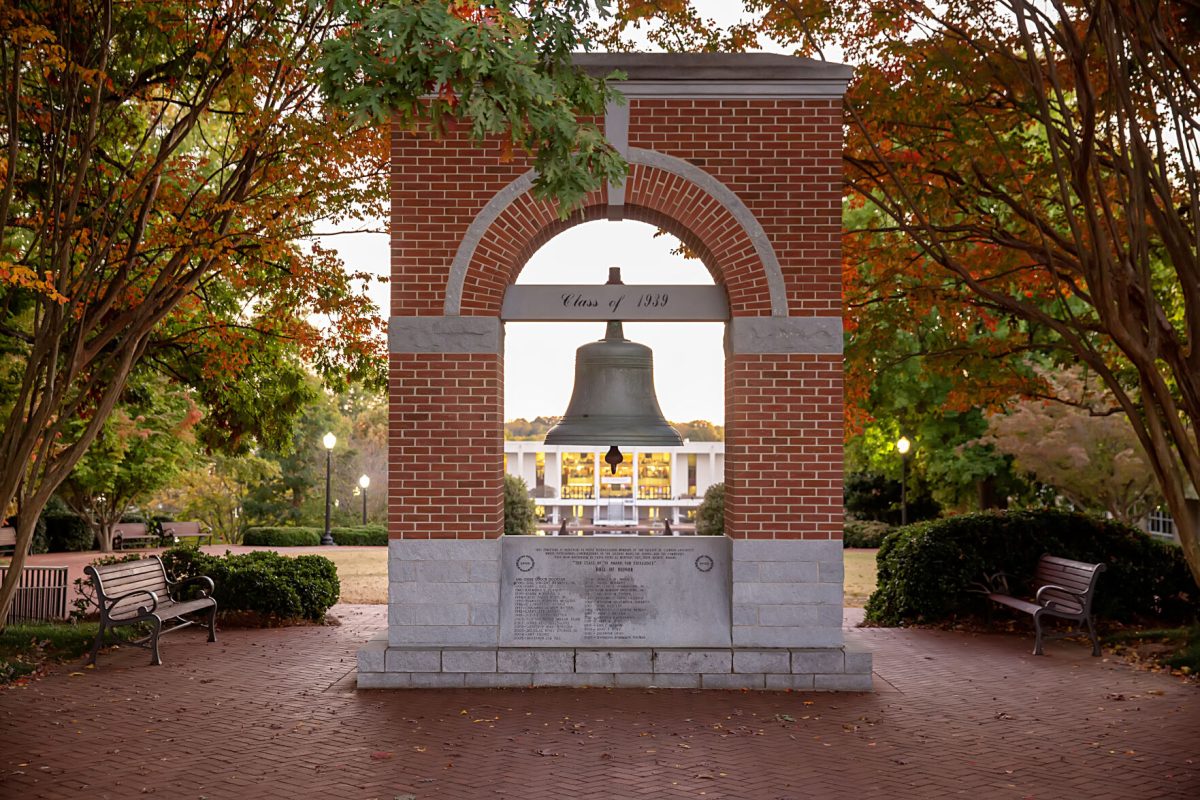
Ashleigh Snyder // Photo Editor
Clemson University students react to the commissions that were terminated.
Earlier this month, Clemson University announced the termination of all commissions that supported diversity, equity and inclusion groups around campus.
The commissions that have been sunsetted are Accessibility, Asian Pacific Islander DESI American, the Black Experience, Latino Affairs, LGBTQ, Veterans and Women, according to Inside Higher Ed. The commission’s page has since been archived.
This change comes after Clemson was under investigation by the U.S. Department of Education for race-exclusionary policies under Title VI earlier this year.
In the announcement, the University stated: “The commissions have successfully fulfilled their important charge, making a lasting impression on the value, strength and growth of the Clemson community and our campus.”
The Clemson Undergraduate Student Senate Inclusion and Equity committee submitted a bill on Sept. 7 to express disapproval of sunsetting commissions.
Angel Feliz Gomez, Inclusion and Equity committee chair for CUSG, created bill 69_SR_01, with hopes that the Division of Community, Engagement, Belonging, Access and CUSG can collaborate to find a “shared solution on how best to support the student body.”
He strives to allow the student body to be included in discussions about resources on campus. Gomez’s intention when creating the bill was to ensure that open dialogue would take place between the administration and students about what has been going on.
During a 4-hour meeting on Sept. 15, the Senate had a multitude of speakers testifying on the advantages/disadvantages of the bill, which ultimately led to a vote in favor of opposing the commissions being dismantled.
Multiple organizations and alumni have expressed concerns about the commissions being terminated.
Delaney Hopkins, president of Tigers 4 Accessibility, a disabled student herself, always felt comfort knowing there was a commission on accessibility. Now, she is concerned that Clemson has silenced their voices, making it more difficult to have disabled students’ voices heard.
In response to the University stating that the commissions have successfully fulfilled their duties, Hopkins stated her disagreement.
“Any disabled person traversing around campus could tell you that Clemson has a long way to go when it comes to being adequately accessible,” Hopkins stated.
She explained how she felt that the commission was the reason for actual change on campus. The organization attempts to “make disabled students feel heard and powerful,” although they are only students and do not have any more power than their peers.
“The sunsetting of the Black Experience Commission is concerning to our organization because without it, we worry that issues impacting Black students may lose visibility and that our community could face greater challenges in being heard,” Jarnay Mills, president of Clemson Black Student Union, told The Tiger.
Moving forward, the CBSU wants to continue creating “spaces for dialogue and advocacy,” with hopes that the University will find alternate approaches to allowing Black students’ voices to be heard in institutional decision-making on campus.
University alumnus, Alexander Brown, urges the University to “remember that representation is not merely symbolic but essential to building trust and inspiring new generations of Tigers for years to come.”
“As a university, these commissions are essential to the livelihoods of countless students and faculty members who continually devote their time to making our campus a place where we stand together amidst our differences,” Brown told The Tiger.
He explained that eliminating the commissions “doesn’t bring out the best that we know our university has within it.”
Other organizations, including the Office of Military and Veteran Engagement, believe that there will not be any concerns about their ability to support military-connected students in light of the change.
Emily DaBruzzi, director of M&VE, has seen a growth in her own office, the Student Veterans Association, a new military affairs and a military-connected support and service committee. M&VE and SVA have now shifted to delegated student organizations.